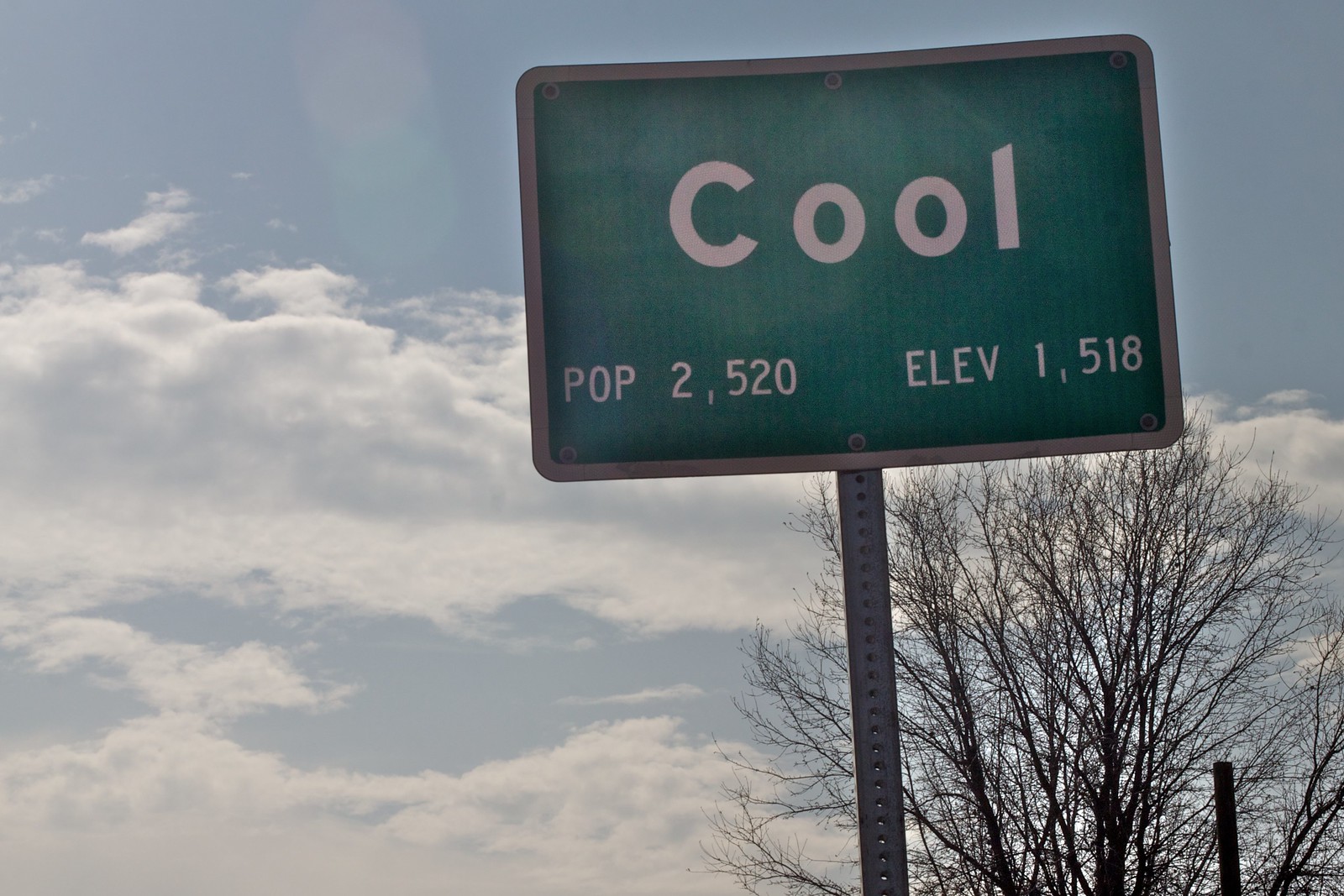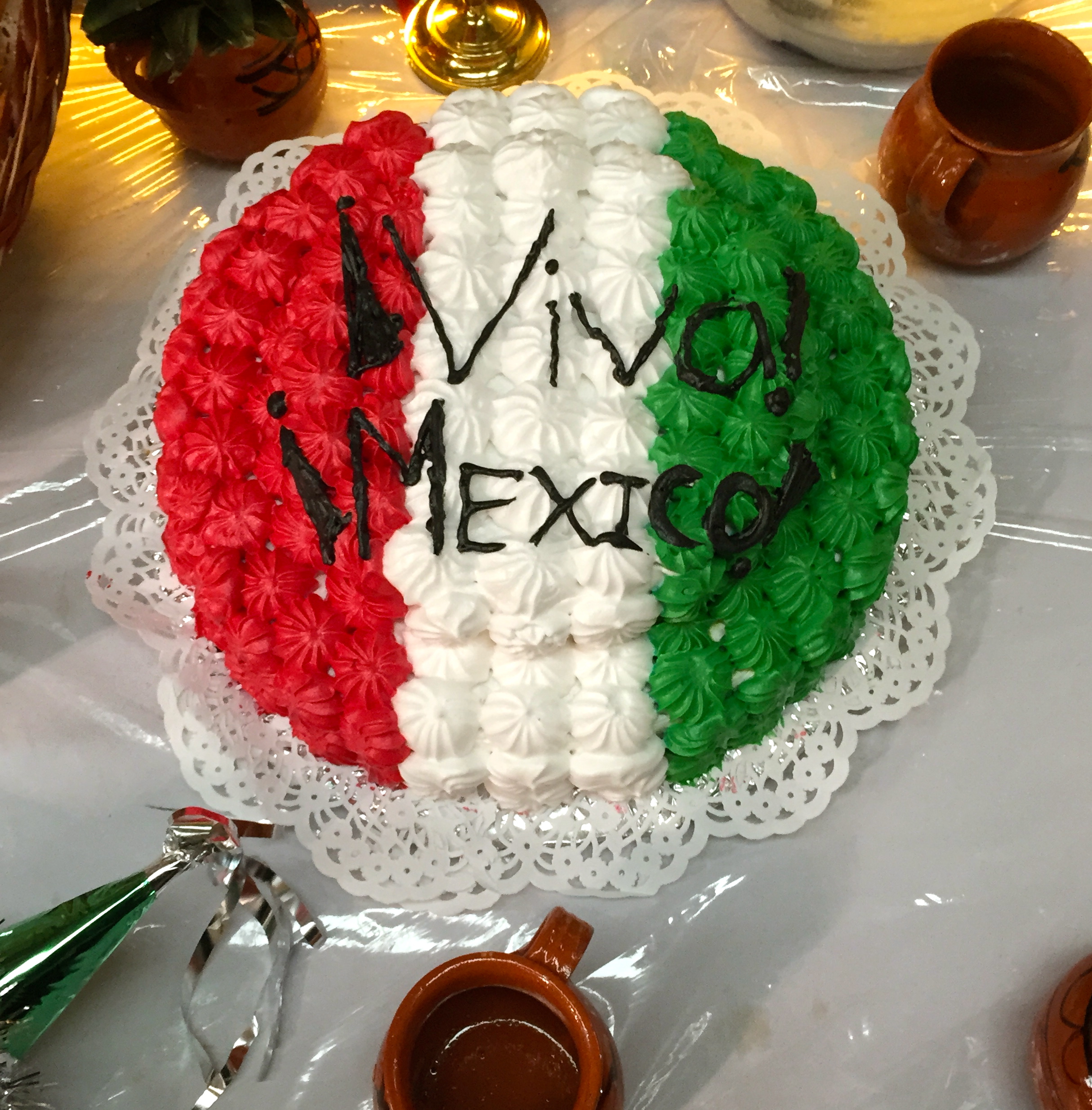Do you have a trip to Mexico coming up? If so, it is probably a good idea to pick up a few Mexican slang words before you go. It will make you feel like less of a foreigner and be easier to get around. Many people come back from vacationing in this country, talking about all the phrases they learned. They talk about words such as gracias and izquierda. While yes, there are a lot of very useful Mexican Spanish phrases, there are also many words that might not be so useful. However, if knowing these makes your trip to the country more enjoyable, then by all means, learn them.
In addition, Mexico is a beautiful country with a lot of cultures. One of the best things about traveling is the opportunity to experience the culture. However, language barriers can get in the way of feeling like a local. That is why it is important to learn some slang phrases before you take off. This article will help you understand some Mexican slang words to make you feel like one of them when you visit Mexico.
Pinche
Meaning: Consider pinche to be the Mexican Spanish counterpart of ‘fucking’ (the non-sexual way). It is used to exaggerate something out of exasperation.
Use: If you want to say, ‘My fucking phone broke!’, you would say, ‘Mi pinche teléfono está roto!’ However, be very careful of the context that you are using Pinche in!
Güey
Meaning: Güey, pronounced as ‘wey’, is a phrase for the word ‘mate’ or ‘buddy’.
Use: It is often used in Mexican Spanish and a great way to establish comradery with the locals when you’re out for a night of bar hopping! For example, ‘cómo estás, güey?’ conveys ‘How are you, mate?’
Verga
Meaning: Pronounced as ‘burger’, verga is a commonly used, alternative phrase for the word ‘penis’.
Use: There are a few usages of verga that range from using it to call someone worthless to using it to express the emotion of surprise, anger, or even excitement – it is more of a universal term, often used in Mexico. So, if you want to say, ‘I don’t care’, using verga in it would be ‘Me vale verga!’, which literally translates to ‘it is useless as a penis to me!’
Pendejo
Meaning: This is probably the most popular phrase, made famous by the multitude of TV shows. Literally translated, pendejo means ‘pubic hair’!
Use: Between friends, calling each other pendejo is equivalent to calling each other ‘stupid’. It is important, however, to be mindful of your tone! Since it can also be offensive, be careful who you use it with!
Chingar
Use: One of the trickiest slang words in the dictionary, chingar is a commonly used verb that has varied meanings. While literally it means ‘fuck’ (non-sexual parlance), chingar and its many forms can be used as both a negative and a positive phrase.
Use: From calling something rubbish ‘chingadera’ to admirable ‘chingonazo’, chingar has many, many usages as a local phrase!
¡No mames!
Meaning: A more outrageous counterpart of the subtle ‘No manches’, no mames conveys the same thing but is more explicit in its literal translation. Loosely translated, no mames means ‘what the fuck?’ or even ‘no fucking way’.
Use: Between friends, using no mames is fine. But if you are around children or elders, use no manches instead and you’re good to go!
Crudo
Meaning: You know a country is fun when they have a special phrase to describe a hangover! That’s exactly what crudo means in Spanish. Well, literally translated, crudo means ‘raw’ or ‘crude’ and it is usually used to describe a mean hangover.
Use: If you are a party animal that enjoys pub crawling, this is one phrase that you will be using often!

By Stefan Scheer, CC BY-SA 4.0, Link
No manches
Meaning: Loosely translated, no manches conveys ‘Really?’ or ‘Are you kidding me?’ and it is one of the most widely used Mexican Spanish phrases.
Use: When your friend tells you that he just got a promotion that he was waiting for quite some time, what would be your first reaction? ‘No way! Really?’ Right? No manches conveys the exact same emotion!
¡Órale!
Meaning: ¡Órale! is a slang that has different meanings in different contexts. However, the most commonly used and accepted meanings are encouragement, surprise or shock, and even excitement or agreement – we told you, it has wildly different meanings in different contexts.
Use: Depending on the context, ¡Órale! can be used for anything from ‘okay’, ‘come on’, ‘wow’, etc.

Fresa
Meaning: Fresa can mean so many different things. Now, if you go by the literal translation, fresa means ‘strawberry’, but when used as a phrase, fresa is used to describe someone who is snobbish, snooty, or stuck up. For example, your boss!
Use: Depending on the context, you can be telling someone they are a “strawberry,” a “galileo,” a “bear,” (or a number of other things), or the more colloquial idea of being a dork.
Chido & Padre
Meaning: Chido and Padre both translate to ‘cool’ and can be used interchangeably. Padre in Spanish conveys ‘father’; but in Mexican Spanish, it also takes on the meaning ‘cool’.
Use: If you want to compliment someone’s shirt, or their sunglasses – or even their bike, you can call it chido. For example, to say ‘how cool!’ you can say ‘¡Que padre!’ or ‘¡Que chido!’.

¡A poco!
Meaning: The literal meaning of ¡A poco! is ‘a little’. But as a Mexican slang word, ¡A poco! is equivalent to ‘you don’t say!’ or ‘no way!’ in English.
Use: ¡A poco! is a perfect response the next time you get some juicy gossip or surprising news! For example, if someone tells you they’re getting married, you could reply with ‘¿Te vas a casar? ¡A poco!’
¿Qué pedo? & ¿Qué onda?
Meaning: If you try to literally translate them into English, ‘¿Qué pedo?’ means ‘what fart?’ and ‘¿Qué onda?’ means ‘what wave?’! Talk about funny slang terms!
Use: Both ‘¿Qué pedo?’ & ‘¿Qué onda?’ mean ‘what’s up’ and these two are the most commonly used phrases that you are likely to hear all the time in the country!
¡A huevo!
Meaning: While huevo means eggs in Spanish, the phrase ‘¡A huevo!’ is the Spanish counterpart of the English phrase ‘Hell yeah!’
Use: If someone asks you, ‘Do you want to get drunk tonight?’ your response would be ‘¡A huevo!’ (Fun fact: the feminine of huevo is hueva, which is also often used to describe laziness!)
Cabrón
Meaning: Now, this one’s funny! Literally translated, cabrón conveys a male goat but when used as a slang, it is equivalent to calling someone a ‘fucker’ or even a ‘bitch’.
Use: It is an offensive phrase, so it’d be best not to use it in front of elders or children. Again, take stock of your audience before using cabrón, or any other phrase for that matter!
¡Aguas!
Meaning: Although it sounds like ‘Aqua’, it has no relation to water, whatsoever. ¡Aguas!, as an expression, refers to being aware and alert of what’s happening around you. Loosely translated, ¡Aguas! conveys ‘watch out!’ or ‘be careful!’
Use: It is an important phrase that you must know, especially as a solo traveler.
Buena Onda
Meaning: Buenos Onda loosely translated conveys ‘good vibe’. It can be used to describe a person or place that is chilled out and easygoing.
Use: If you found a cozy little café with a very laid-back, chill atmosphere and good vibes, you could say that the café has ‘Buenos Onda’. Go on, please a few people by complimenting them on their chill attitude – and who knows? You might find a friend for life!
Neta
Meaning: La Neta is the answer to your authenticity prayers! ‘La Neta’ is an expression of surprise. La Neta is like asking ‘really?’ out of sheer astonishment.
Use: La Neta can be used to make a proclamation or to ask someone to confirm what they just told you.
Chavo or Chava
Meaning: Loosely translated, Chavo or Chava represents ‘kid’ in English.
Use: It is a commonly used term that describes adolescent children or young people. Chava or chavo is also used to refer to someone who is inexperienced or a ‘novice’.
Cholo
Meaning: While cholo isn’t a strictly defined phrase, it is loosely used to describe Mexican gangsters. But not just any gangster who is Mexican.
Use: Cholo is used for gangsters who wear loose white shirts with black baggy shorts, sport a clean shaved head, imposing black sunglasses, and striking tattoos.
Metiche
Meaning: Metiche is a person who is always trying to put their nose in other people’s business. A meddler, metiche is someone who wants to know everything about everyone!
Use: If you want to say, ‘let’s wait for this nosy little girl to go away!’ you’d say ‘Espérate, deja que esta metiche se Avaya!’
Tocayo
Meaning: Tocayo is what you would nickname your namesake – a person with whom you share your first name.
Use: When you meet your namesake after a long time, you can ask them, ‘¿Cómo estas mi tocayo?’ and it would mean ‘How are you, my namesake?’
¡Viva México!
Use: The people here love their country, and it is pretty evident from the way they talk about Mexico. The term ‘¡Viva México!’ literally means ‘Long Live Mexico!’.
Use: It is generally used for everything Mexican. It is how everyone wishes for the growth and prosperity of Mexico! Use it and use it liberally – you will definitely garner positive responses from everyone!

By Krystalms11, CC BY-SA 4.0, Link
Padre
Meaning: While the literal translation of padre entails ‘father’, as a slang, it means ‘cool’, just like ‘chido’ does!
Use: It is an all-encompassing phrase that can be used to describe everything from things to places to people. For example, if your friend shows you something cool, you could exclaim, ‘que padre!’
Chafa
Meaning: Chafa is a word used to describe something that is of poor quality. It could be anything from an object to an activity.
Use: If you watched a movie that you didn’t like, you could warn your friends, ‘No veas la película, está muy chafa’ that translates to ‘don’t watch that movie, it is crap!’

Mexico is a country that has tons of Mexican slang – you’d be surprised by how many slang terms are used in Mexico. People generally have their own way of speaking and the slang terms they use differ even within the country. In fact, even among a village of people that live close to each other, there are different ways that they speak in.
Learning Mexican slang terms is a great way to connect with other people and have them feel like you’ve been here forever. In fact, picking up slang words is an incredible way to learn the culture. These phrases can be a lot of fun to learn, but it is not always easy to pick up. It is generally different depending on where you are in Mexico and even where you are in the same city. For example, while people from Monterrey use their own special Mexican slang phrases, Guadalajarans have a completely different dialect altogether. But most importantly, remember “Queso” and “Quesadilla”, because why not? So, time to brush up your vocab with some Mexican slang words.
